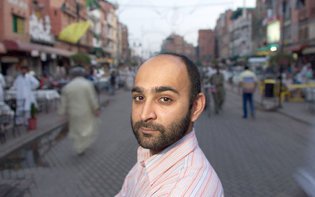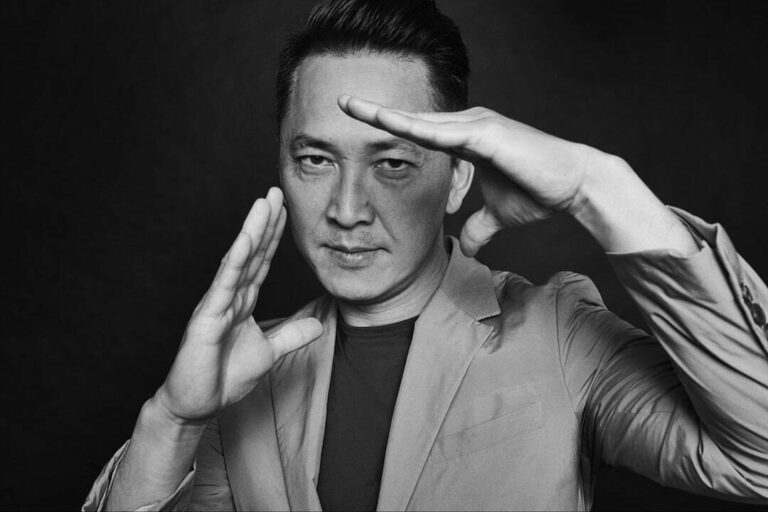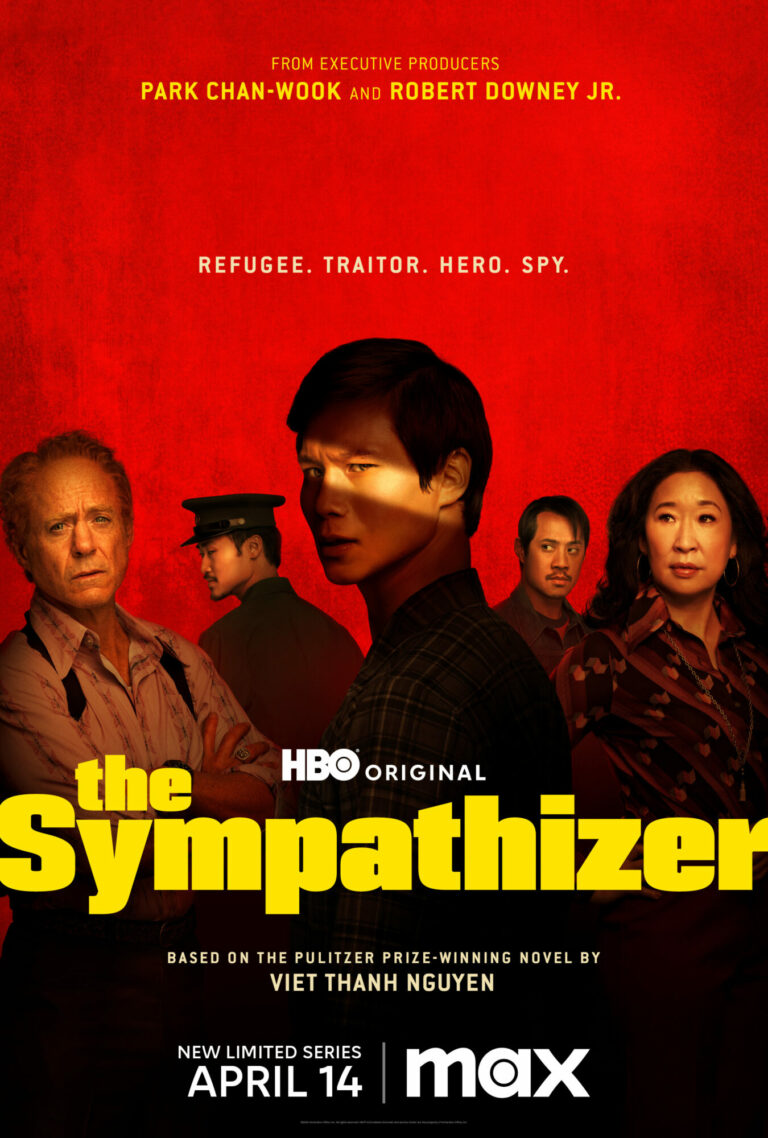Viet Thanh Nguyen reviews Mohsin Hamid’s Exit West for The New York Times.

You own a house or rent an apartment. You live with your family or by yourself. You wake in the morning and drink your coffee or tea. You drive a car or a motorbike, or perhaps you take the bus. You go to work and turn on your computer. You go out at night and flirt and date. You live in a small town or big city, although maybe you are in the countryside. You have hopes, dreams and expectations. You take your humanity for granted. You keep believing you are human even when the catastrophe arrives and renders you homeless. Your town or city or countryside is in ruins. You try to make it to the border. Only then, hoping to leave, or making it across the border, do you understand that those who live on the other side do not see you as human at all.
This is the dread experience of becoming a refugee, of joining the 65 million unwanted and stateless people in the world today. It is also the experience that Mohsin Hamid elicits quietly and affectingly in his new novel, “Exit West,” which begins “in a city swollen by refugees but still mostly at peace, or at least not yet openly at war.” The city and the country are unnamed, unlike the two characters at the story’s center: Saeed and Nadia, a young man and woman whose courtship begins in this moment of impending crisis. They are cosmopolitan city dwellers who meet in “an evening class on corporate identity and product branding,” and whose first date is at a Chinese restaurant.
Hamid’s enticing strategy is to foreground the humanity of these young people, whose urbanity, romantic inclinations, upwardly mobile aspirations and connectedness through social media and smartphones mark them as “normal” relative to the novel’s likely readers. At the same time, he insists on their “difference” from readers who may be Western. Their city is besieged by militants who commit terrible atrocities, evoking scenes from Mosul or Aleppo. As for Nadia, she was “always clad from the tips of her toes to the bottom of her jugular notch in a flowing black robe.” But while this robe seems to be a form of conservative Islamic dress, one of the starkest signs of difference between Nadia and non-Islamic readers, she is more daring than Saeed. She is the one who offers him marijuana and psychedelic mushrooms, and she is the one who initiates sex. The robe, it turns out, is camouflage to allow Nadia to be an independent woman.
The backdrop for “Exit West” is both the plight of refugees from places like Syria and the specter of Islamic fundamentalism and terrorism. Hamid takes full advantage of our familiarity with these scenes to turn “Exit West” into an urgent account of war, love and refugees. Politics also matters as it does in his other novels, which likewise dealt with pressing issues: the troubles of contemporary Pakistan (“Moth Smoke”); 9/11 and the tensions between being Pakistani and American (“The Reluctant Fundamentalist”); and naked capitalism and ambition in an unnamed country (“How to Get Filthy Rich in Rising Asia”). Throughout his oeuvre, Hamid envisions an interconnected world in which East and West inevitably meet as a consequence of complicated histories of colonization and globalization. The dramas and love stories of individuals like Saeed and Nadia cannot be separated from these histories, even if, in their own lives, those histories are not necessarily preoccupations. Until, that is, those histories erupt.
When they do, people die. They do so often, unexpectedly and in violent circumstances. Hamid offers a few incidents like this, and in their spare detail they are enough, as when Nadia’s cousin is “blown by a truck bomb to bits, literally to bits, the largest of which, in Nadia’s cousin’s case, were a head and two-thirds of an arm.” Refusing to dwell on the morbidity of such a scene, Hamid declines to turn the destruction of the city and its people into a spectacle, the way they would normally be visible to those outside the country, watching its doom from a digital distance. Examining the destruction at a slight remove, Hamid discourages readers from pitying the city’s residents. Instead, focusing on Saeed and Nadia, and removing the particularities of the city, the country and its customs, Hamid aims to increase the depth of a reader’s empathy for characters who can be, or should be, just like the reader. The reader, of course, must think about what would happen if her own normal life was suddenly, unexpectedly upended by war.
Most likely, the reader, like Saeed and Nadia, would flee. They do so through the sudden, unexplained doors that appear throughout the city and that are portals to other places. While the city is unnamed, these sites of refuge are named — Greece, London, the United States. In their concreteness, versus the deliberate vagueness of Saeed and Nadia’s city, they call for identification from readers of the novel who live in these kinds of desirable places that the refugees want to go. The novel implicitly asks these readers why doors should be closed to refugees, when those readers might become refugees one day? How these doors work is not Hamid’s concern. The doors can be manifestations of magic realism, fantasy or science fiction, or all three, but they simply stand in for the reality that refugees will try every door they can to get out.
What happens once Saeed and Nadia arrive at these promised lands makes up the second half of the novel, in which it seems that “the whole planet was on the move, much of the global South headed to the global North, but also Southerners moving to other Southern places and Northerners moving to other Northern places.” Here Hamid’s novel reveals itself to be a story not only of the present but of the future, where migration will be the norm. Depending on one’s point of view, this is either terrifying or hopeful. When everyone is moving, then mobility becomes normal rather than disturbing. While these movements cause unrest on the part of the “natives” — what Hamid, in a postcolonial reverse, calls the inhabitants of the host countries — the vision that he ultimately offers is peaceful. After the natives get over their initial fear of strangers, both the natives and the strangers discover they are just as likely to get along as not. From this measured, cautious recognition of a mutual humanity, the natives and strangers attempt to forge a new society.
This gentle optimism, this refusal to descend into dystopia, is what is most surprising about Hamid’s imaginative, inventive novel. A graceful writer who does not shy away from contentious politics and urgent, worldly matters — and we need so many more of these writers — Hamid exploits fiction’s capacity to elicit empathy and identification to imagine a better world. It is also a possible world. “Exit West” does not lead to utopia, but to a near future and the dim shapes of strangers that we can see through a distant doorway. All we have to do is step through it and meet them.


